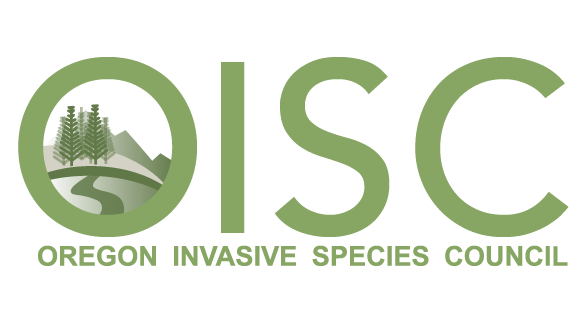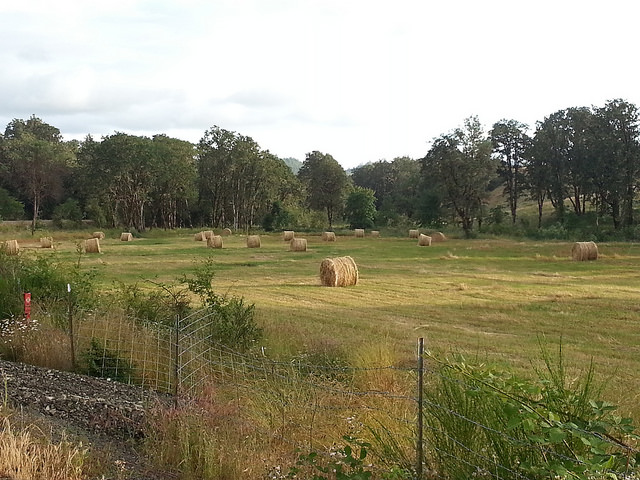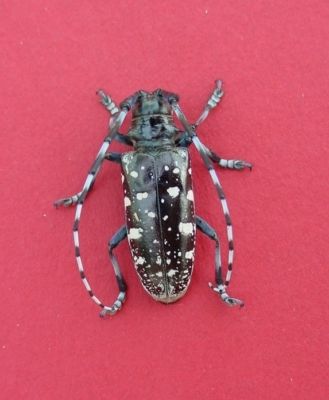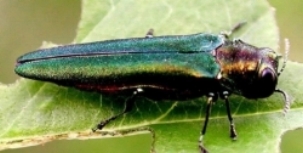Statewide, OR... DEADLINE EXTENDED. The deadline for nominations has been extended to December 11, 2017 at 10:00 am.
The Oregon Invasive Species Council is seeking nominations for 5 at-large member seats that become vacant at the end of December. Strong nominees will have expertise in one or more of the following areas:
The council is particularly interested in representation from Eastern, Southern, or Central Oregon. Nominees should be willing and able to serve for two years. Council members are expected to attend 2-3 meetings per year in various parts of the state, participate in conference calls, and contribute to other Council activities. There is a two-term limit. Council members are not paid but are reimbursed for travel expenses associated with Council business, including Council meetings.
Nominations and questions about the process should be directed to Jalene Littlejohn, Oregon Invasive Species Council Coordinator (coordinator@oregoninvasivespeciescouncil.org). Please include the individual’s name, title, phone, e-mail, and mailing address, as well as a brief description of their qualifications (self-nominations are acceptable). In addition, the Council requests a statement from the person being nominated that explains their interest and contributions they are willing to make to the Council. Letters of support for the nominee are helpful. The deadline for nominations is December 11, 2017. The council will welcome the new appointees at the first meeting of the Council in 2018.
The Council is comprised of representatives from seven state agencies: Oregon Department of Agriculture, Oregon Department of Fish and Wildlife, Oregon State University (Sea Grant), Portland State University (Center for Lakes and Reservoirs), Oregon Department of Forestry, Oregon State Marine Board, and Oregon Department of Environmental Quality. Ten at-large members are appointed by the agency representatives. Council members are drawn from government agencies, universities, industries, organizations, and individuals with an interest and expertise in some aspect of invasive species management.








